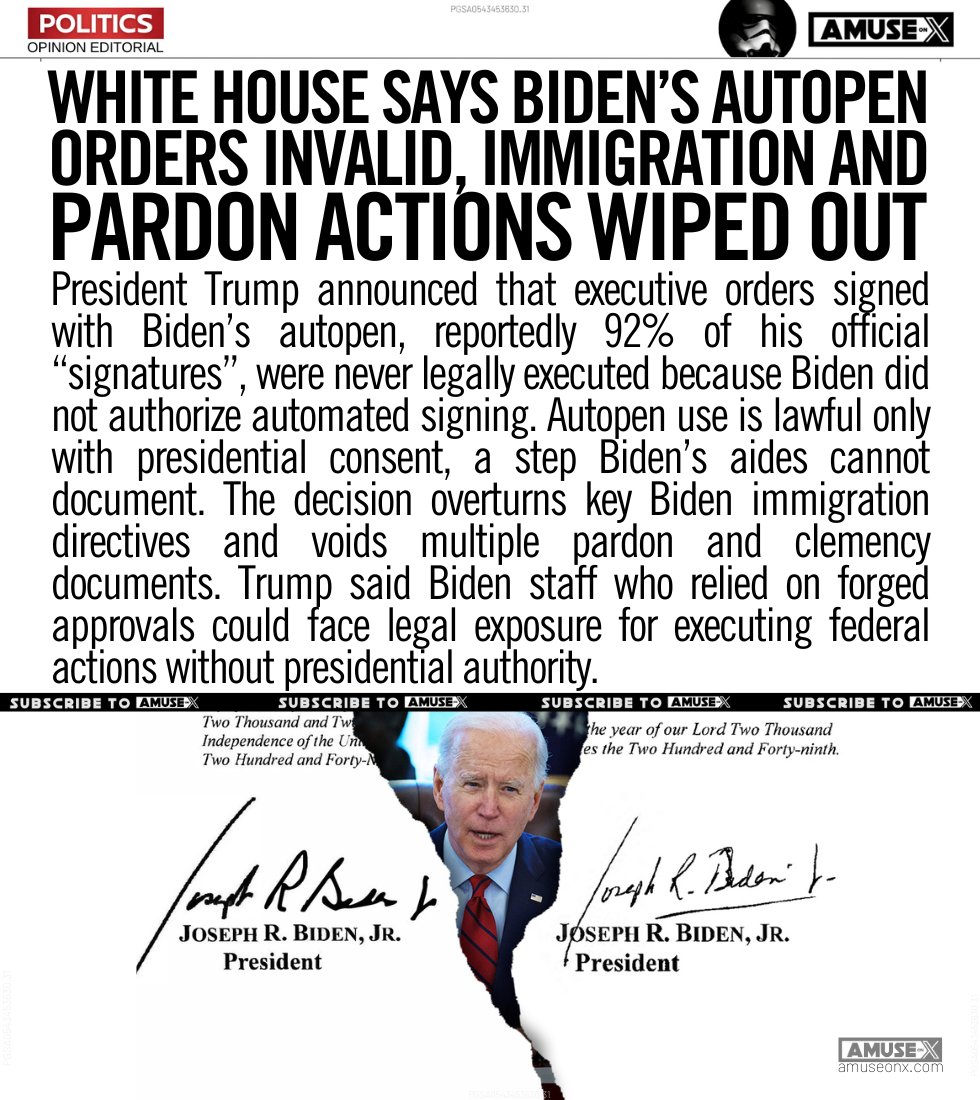1/ TWITTER RULE🧵
Has anyone taken a look at Twitter's various rules? They were clearly written by Marxist adherents to #DEI, #CRT, and #ESG. In my opinion, @elonmusk should scrap them and start over from scratch.
help.twitter.com/en/rules-and-p…
Has anyone taken a look at Twitter's various rules? They were clearly written by Marxist adherents to #DEI, #CRT, and #ESG. In my opinion, @elonmusk should scrap them and start over from scratch.
help.twitter.com/en/rules-and-p…
2/ TWITTER RULE🧵
Twitter's current rules expressly categorize users as either 'protected' or 'unprotected' and enforce rules differently based on those categories. Interestingly, white men are the ONLY unprotected group on Twitter. What if we treat everyone the same @elonmusk?
Twitter's current rules expressly categorize users as either 'protected' or 'unprotected' and enforce rules differently based on those categories. Interestingly, white men are the ONLY unprotected group on Twitter. What if we treat everyone the same @elonmusk?

3/ TWITTER RULE🧵
Twitter's current rules are NEVER equally enforced. Why not just get rid of rules that Twitter isn't going to enforce universally? For example, people call for the death of Russians and the assassination of Putin all the time on Twitter but it is allowed. Why?
Twitter's current rules are NEVER equally enforced. Why not just get rid of rules that Twitter isn't going to enforce universally? For example, people call for the death of Russians and the assassination of Putin all the time on Twitter but it is allowed. Why?

4/ TWITTER RULE🧵
For some reason, Twitter continues to allow Antifa accounts to use Twitter to call for violence against police officers. To me, it seems like this is a violation of the current rules. Why doesn't Twitter enforce its rules equally @elonmusk?

For some reason, Twitter continues to allow Antifa accounts to use Twitter to call for violence against police officers. To me, it seems like this is a violation of the current rules. Why doesn't Twitter enforce its rules equally @elonmusk?


5/ TWITTER RULE🧵
The rules also prohibit discussion of violent events that impacted 'protected groups'. It is okay to discuss violent events that impacted 'unprotected groups'? Twitter's rules were written to allow moderators to censor anyone who they disagree with @elonmusk.
The rules also prohibit discussion of violent events that impacted 'protected groups'. It is okay to discuss violent events that impacted 'unprotected groups'? Twitter's rules were written to allow moderators to censor anyone who they disagree with @elonmusk.

6/ TWITTER RULE🧵
Why are only 'protected categories' protected from incitement? Why not ban incitement for all categories. Twitter allows incitement against Republicans but not Antifa? It's time to stop making some users more equal than others @elonmusk.
Why are only 'protected categories' protected from incitement? Why not ban incitement for all categories. Twitter allows incitement against Republicans but not Antifa? It's time to stop making some users more equal than others @elonmusk.

7/ TWITTER RULE🧵
It is a violation of Twitter's rules to cite FBI crime statistics for protected races and genders. But it is permissible to stereotype 'unprotected users' aka white men. Why not ban all stereotypes or discussions on FBI data about ALL users @elonmusk?
It is a violation of Twitter's rules to cite FBI crime statistics for protected races and genders. But it is permissible to stereotype 'unprotected users' aka white men. Why not ban all stereotypes or discussions on FBI data about ALL users @elonmusk?

8/ TWITTER RULE🧵
It is a violation of Twitter's rules to 'misgender' or 'deadname' people? There isn't even an agreement in this country about what a woman is - what constitutes gender and biological sex is very much an active debate in our nation.
It is a violation of Twitter's rules to 'misgender' or 'deadname' people? There isn't even an agreement in this country about what a woman is - what constitutes gender and biological sex is very much an active debate in our nation.

• • •
Missing some Tweet in this thread? You can try to
force a refresh







